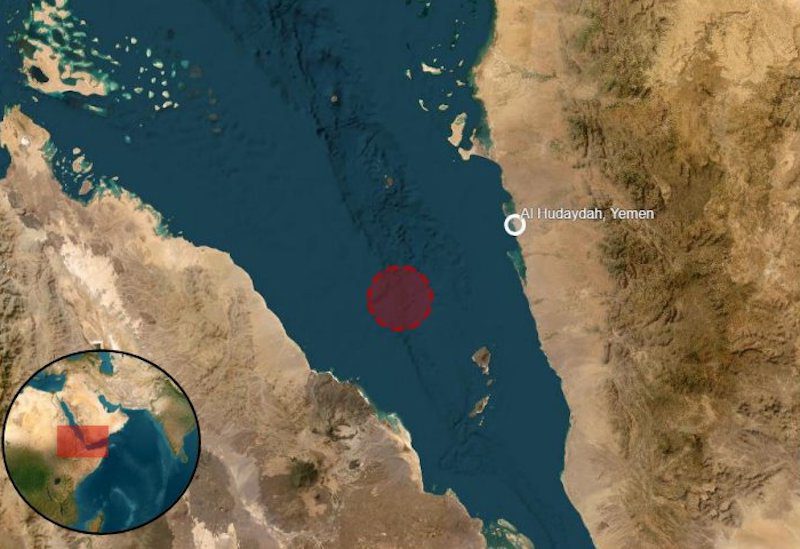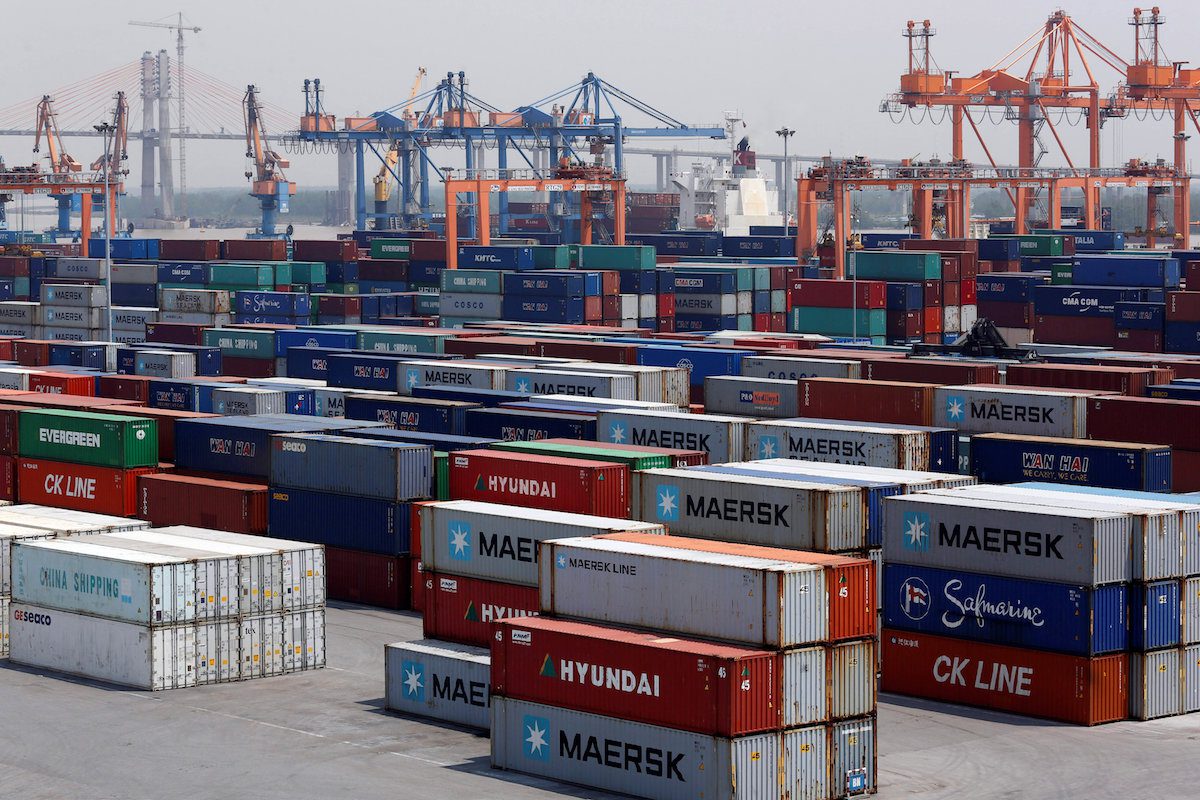By Alex Longley and Julian Lee (Bloomberg) —
A Group of Seven-imposed cap on the price of Russia oil is becoming increasingly unenforceable, an organization at the heart of the global insurance industry said, offering one of the most direct criticisms yet of measures that were meant to deprive the Kremlin of petrodollars.
About 800 oil tankers that were previously covered by member organizations of the International Group of P&I Clubs have migrated into what’s known as a shadow-fleet, the club said in a written submission to a UK government inquiry on the effectiveness of sanctions on Russia. In addition, there’s no way for insurers to check whether traders are genuinely sticking to the price cap.
The policy “appears increasingly unenforceable as more ships and associated services move into this parallel trade,” the International Group’s submission said. It “is concerned that increasing responsibility and obligations on companies in the G-7 coalition will result in a further migration of trade activities and ancillary services outside of the G-7.”
Companies in Group of Seven nations are supposed to only provide their services for Russian oil if the cargoes in question cost $60 a barrel or less.
That makes the International Group, a London-based umbrella organization for 12 individual clubs around the world, a central part of making the measures work. It still covers the vast majority of the global fleet against risks including spills.
But with Russia pushing vessels away from western oversight, the need for IG members’ services is waning. In April just 16% of all Russian cargoes were covered by members of the International Group, the lowest since at least the start of 2023, according to shipping data compiled by Bloomberg.
Where G-7 services are used, firms must obtain written documentation — called attestations — vouching that the oil being transported cost less than $60 a barrel or less.
But there is no way for the firms that the attestations they are genuine, and plenty of reason to suspect they aren’t.
Published prices of Russia’s flagship Urals crude has spent months far above $60 a barrel — and Russian barrels have continued to move.
The insurance group also criticized the UK’s sanctions enforcers for some of the due diligence tasks they have required.
International Group members “should not be expected to be an extended arm of enforcement” for sanctions, the submission said. There also needs to be a conversation between G-7 nations and China and India, given that they are the dominant buyers, to be sure that their purchases comply, the IG’s submission said.
© 2024 Bloomberg L.P.

 Join The Club
Join The Club










